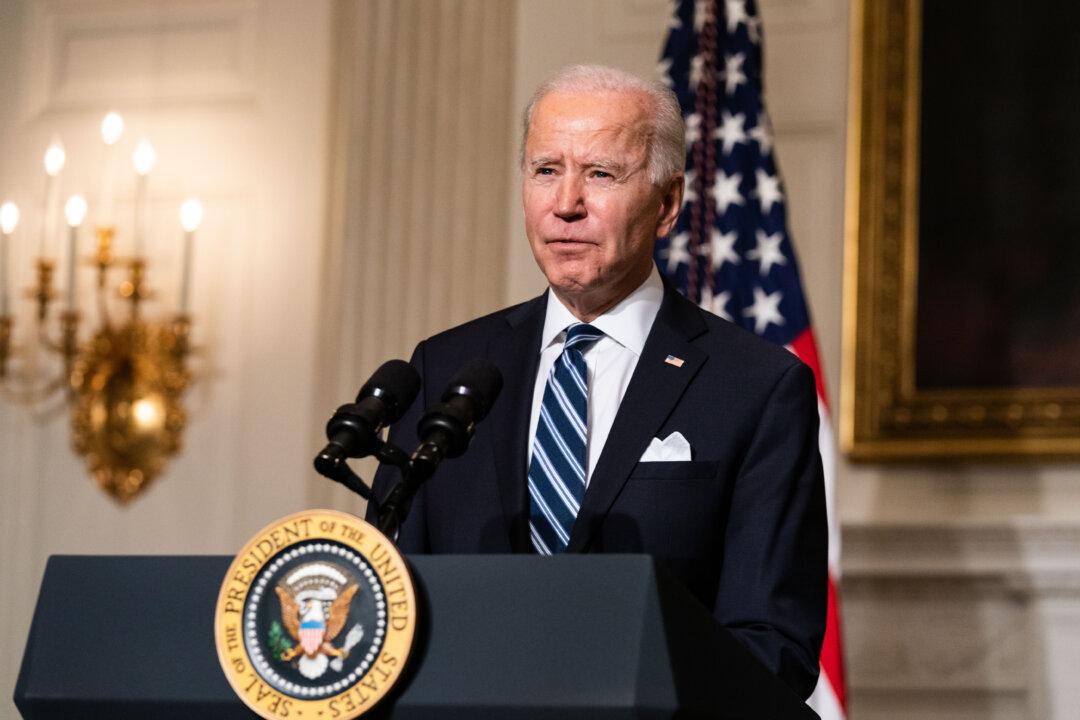President Joe Biden on Wednesday revealed details of a set of broad environmental executive actions aimed at further tackling what he called the “existential threat” of climate change.
The new “whole of government” Biden administration policies seek to put “climate change at the center of our domestic, national security and foreign policy,” and is drawing criticism for its high cost and potential job losses as the United States is already facing huge pandemic related job losses.





